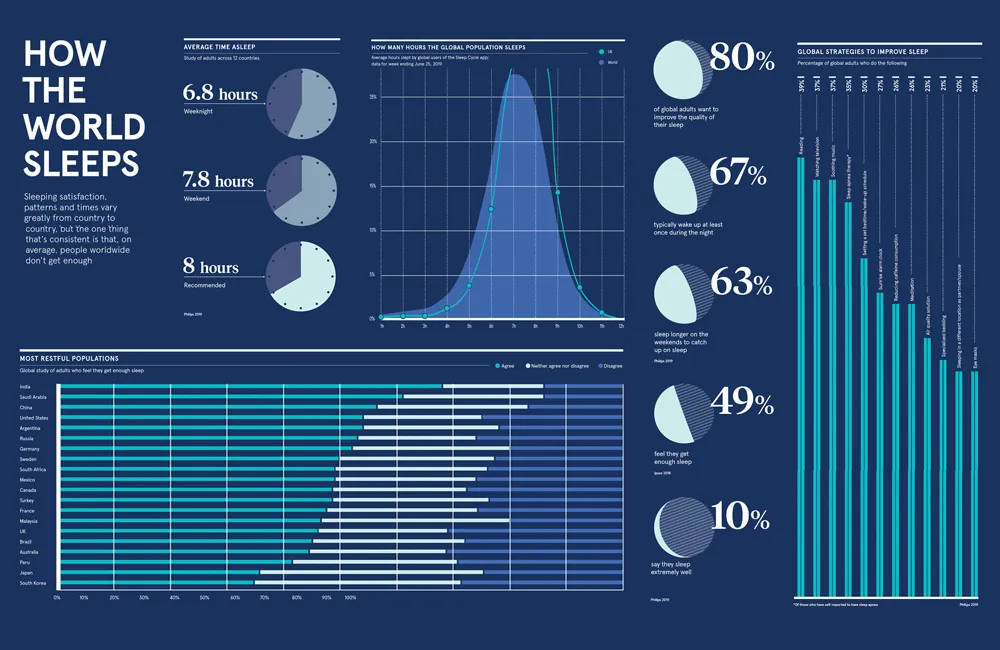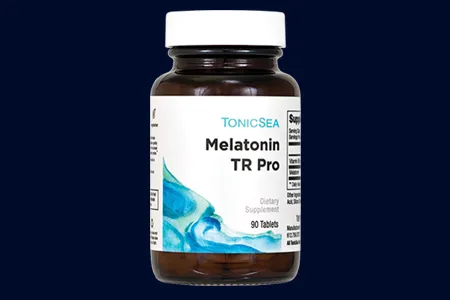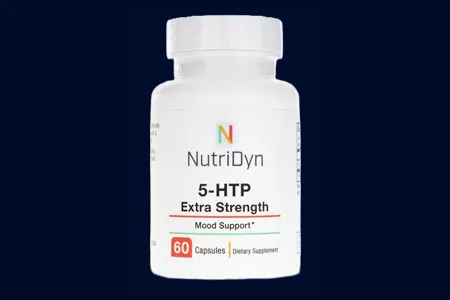Importance of Sleep
Adults should get 7 to 9 hours of sleep each night, with even more recommended for kids. Teens should get 8 to 10 hours, while their younger elementary school aged peers should get 9 to 12 hours. Your body operates on a 24 hour day/night cycle called your circadian rhythm that influences our sleep, body temperature, blood pressure, and more.
When your circadian rhythm is off, or you get less sleep one night then you should, you find yourself more than just tired the next day. You might be irritable, slower to react, and overall less focused when running on minimal sleep. On top of this, a routine lack of enough sleep can damage your overall health – notably your heart. When you are tired your heart beats faster and your blood pressure is elevated. If ongoing, this can pose serious concerns for your cardiovascular health.
Getting the recommended amount of sleep each night can help your brain function at its optimal level. This is not only important for working adults, but also for children aiming to do their best in school.
Your body also uses the time you are sleeping to heal and protect itself. During sleep tissue is rebuilt, allowing for a faster recovery from injury among those that get enough sleep.
Antibodies you need to fight infection are also strongest when you are sleeping enough. When you sleep less and thus have less antibodies, you are more likely to become sick if you are exposed to a virus like the common cold.
Less than 7 hours
of sleep each night is defined as short sleep deprivation. This affects nearly 1 in 3 Americans.
30.1%
of Minnesotans' reported short sleep deprivation in 2020 (CDC)
36.4%
of US adults ages 25 to 44 reported short sleep deprivation, the highest of any age group (CDC)
89%
of adults have an electronic device in their bedroom that could contribute to difficulty sleeping (National Sleep Foundation)
Why Looking at Your Devices Keeps You Awake
The screen on your phone, laptop, TV, or any device emits blue light. The largest source of blue light is the sun, which we make an active effort to avoid while we are sleeping in the dark of the night with our blinds drawn closed.
However, we often willingly expose ourselves to a direct source of blue light each night when we reach for our phones before bed. Compared to the sun, our phones are very small sources of blue light. It remains a problem for your sleep though because we look so closely at our phones and sometimes for long periods.
Blue light suppresses or slows our ability to release melatonin. When your melatonin is delayed, it can shift your circadian rhythm. The blue light from your phone creates a domino effect that can keep you awake.
Looking at your phone also stimulates your brain, because whatever you are doing on your phone gives you something to think about. Something that you may spend the night pondering rather than sleeping.
Does When You Eat Before Bed Matter?
When you eat plays a role in influencing your circadian rhythm. Because of this, experts recommend you stop eating 3 hours before you plan to go to bed.
Despite this, late-night snacking remains ever popular. Besides your choice of snack, the portion size matters greatly. Even if you are hungry before bed, refrain from eating large portion sizes. Keep it small and limit yourself.
Lastly, if you are going to eat before bed, make it something healthy. Think raw vegetables since these will help you feel full while not being a detriment to your nights sleep.
Foods for a Better Nights Sleep
The key to a better night’s sleep depends on you choosing foods that will boost your serotonin levels. Serotonin is a hormone in your body that influences thinking, hunger, sleep, and more.

Whole Grains
Choose these instead of simple carbohydrates like bread, pasta, and sweets. Those can reduce serotonin levels.

Lean Proteins
Examples include low-fat cheese, chicken, turkey, and fish. They are all high in the amino acid tryptophan, which increases serotonin.

Unsaturated Fats
Great for your heart, and boosting serotonin levels. Nuts are a great source of unsaturated fats.

Magnesium
Choose a leafy green for your dinner vegetables. The magnesium found in vegetables like spinach can boost serotonin levels.
What Does Your Body Do While You Sleep?
Why do Children Need So Much Sleep?
Children who are 6 to 12 years old need 9-12 hours of sleep each night. Younger children need even more sleep!
Sleep is critical to both the physical and mental development of children. If your child is getting enough sleep, it can improve their ability to learn, memory, and attention span.
Help your children in their growth and development by ensuring they get the recommended amount of sleep each night.
Supplements for Supporting Healthy Sleep
Melatonin TR Pro is a time release (TR) vegetarian formula with a biphasic delivery system that releases melatonin quickly and then steadily.
Provides support for occasional sleeplessness. Promotes the onset of sleep as well as healthy sleep quality. Supports natural relaxation of the nervous system
5-HTP readily crosses the blood-brain barrier, and is effective for increasing serotonin levels in the brain. Serotonin is often touted as the “feel good” neurotransmitter due to its positive effects on mood.

Phone: (320) 251-2600
Fax: (320) 251-4763
Email: info@integracareclinics.com
Clinic Hours: M/W 8am-6pm & Tu/Th/F 7am-5pm
Copyright 2024, Integracare LTD, All Rights Reserved. Information on this website should not be regarded as medical advice.




